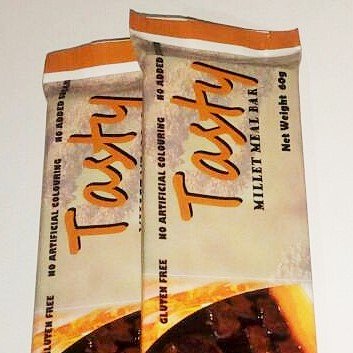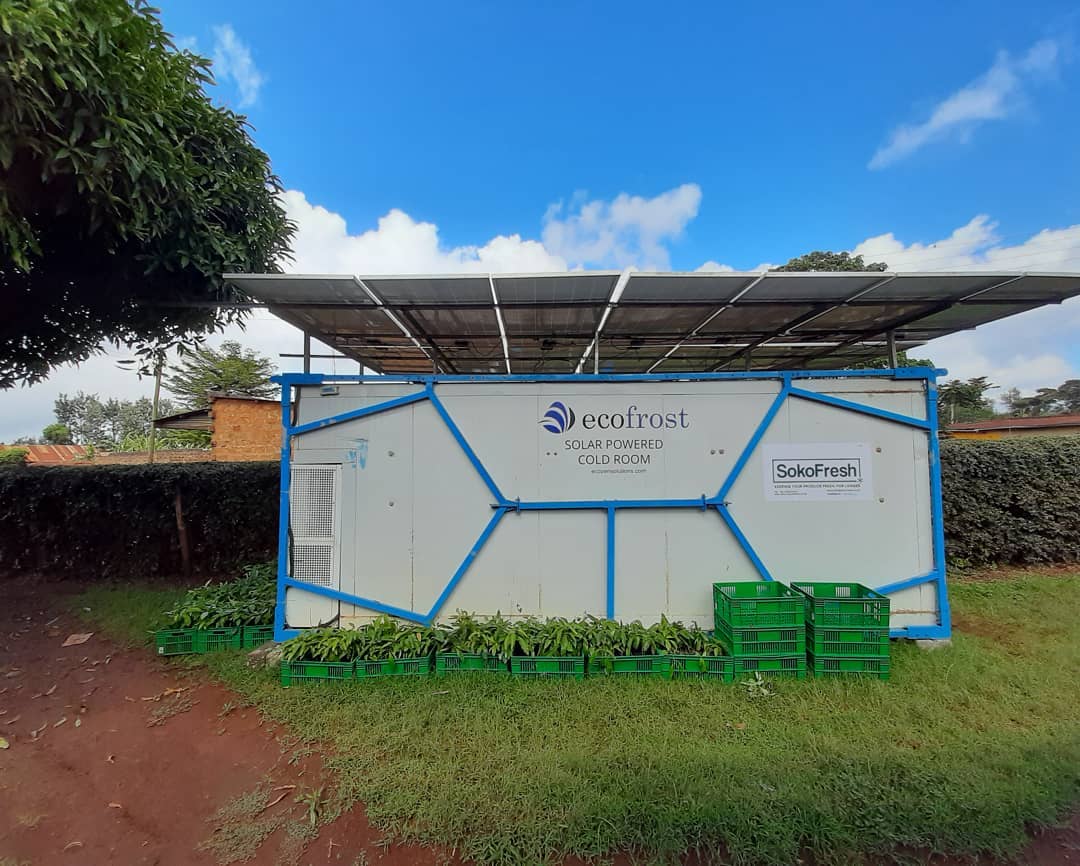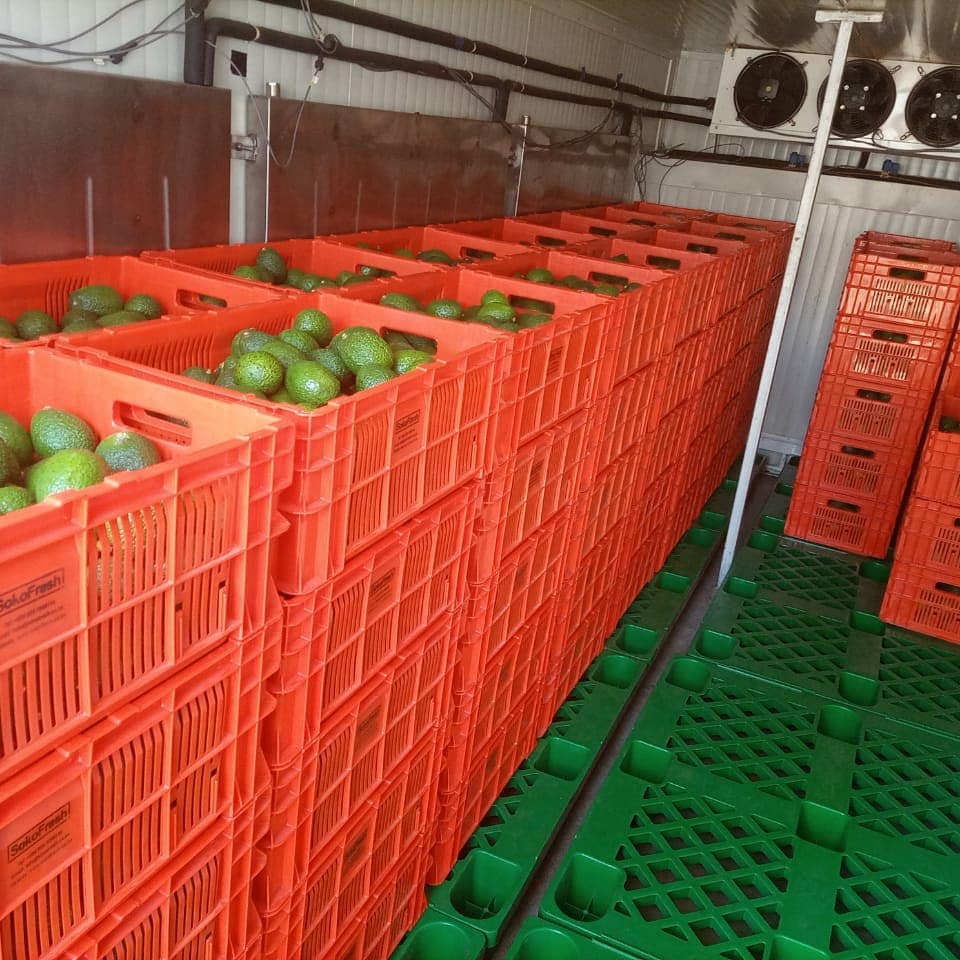
By George Munene
Tukalime Ventures is an innovative farm management service that farms and markets your agricultural produce at a fee. Founded in 2016, the company takes the hustle out of farming, actualising their client’s objectives by growing in-demand crops, employing the right expertise, inputs, and implements as well as ensuring timely harvests and a ready market for your produce.
Tukalime’s slogan is simple: “We plan, we grow, you earn”. With some previous ‘farm from the office’ schemes having been exposed as con jobs; it is understandable that for many Kenyans this has a whiff of ‘too good to be true'. However, Tukalime’s six-year track record of results— the firm has managed over 1,800 acres of farmland since its inception— proves that if done ethically, with professionalism and a sound business plan, agricultural outsourcing can be a lucrative option for those looking to venture into farming.
As a testament to the firm's success, in 2020, Kzanaka Limited, an agricultural holding company that is home to well-known brands such as Cooper K-Brands Ltd and Analabs invested in the budding company. This gives Tukalime access to financing as well as specialized lab and agronomy services.
“Agriculture is an uncertain enterprise, to minimise risks and maximise profits for our clients we adhere to the right farming protocols; proper land preparation, using the right seed, proper crop feeding programs, ensuring pests and diseases are at an acceptable threshold, and having access to markets,” explained Tukalime’s founder Kevin Kamau.
Related News: Kenyan startup raises farmer incomes 50% with mobile cold storage service
Related News: IT specialist helps farmers acquire 2nd hand EU tractors at half the cost of new ones
Having come back to Kenya after a ten-year stay in the United States, Kevin first got into potato farming in a partnership; “While my friend handled the hands-on farming, I sourced for and provided market linkages,” he says of his first step in farming. Though he had no background in agriculture, he understood the obvious: food is an essential.
Tukalime was founded one year later. This was driven by his evident initial success; “Friends outside the country sought me out to provide a more reliable and transparent way of investing in agriculture beyond ‘sending money to a cousin’,” he said.
With a background in economics and finance; Kevin best explains his business's success model thusly; “Economics basically involves studying factors of production and how to best utilise them to get an end product. The market for the service we offered was there in people looking to make an extra income through farming. Food is an everyday essential, meaning the byproduct of our business also had a ready market. As an economy largely held up by agriculture, skilled agronomic labour was also available to us.” The company currently has four permanent employees—like many businesses, the Corona pandemic forced a shaving off of staff.
The firm offers a wide range of services tailor-made for particular and wide-ranging client needs. These are determined by factors such as land size, region, and a wide range of options that cater to various complexities.
The first step involves a farmer reaching Tukalime and expressing what they want to realise with their farmland. The company will then conduct an assessment to ensure the infrastructure capable of actualising what was outlined is available.
A soil test is then conducted and a budget formulated with the information gathered from the farming site.
A client is then given the budget to review and if approved, the project is initiated and executed according to the budget and plan.
Related News: App helps farmers remotely manage & hire tractors
At the final step harvesting and marketing of the produce is finally undertaken before a post mortem of the entire project.
Every step has to be expertly executed to realise the farmer’s objective; “Farmers are charging me with actualising their hopes, ambitions, and dreams, if I failed in my role as their farm manager, I would be crushed, “Kevin said.
Kevin Kamau is amongst this year’s Agripreneur of the Year finalist at the Founder of the Year Africa (FOYA) awards.
His vision forTukalime is for it to become farming’s equivalent to Airbnb; an online rental marketplace that has more rooms than any hotel chain in the world without owning a single building. “We want to be the leading drivers of safely and affordably grown food without actually needing to own farmland,” he illuminated.
Tukalime: +254 (0)709 094 000/ +254 (0)734 330 044



















